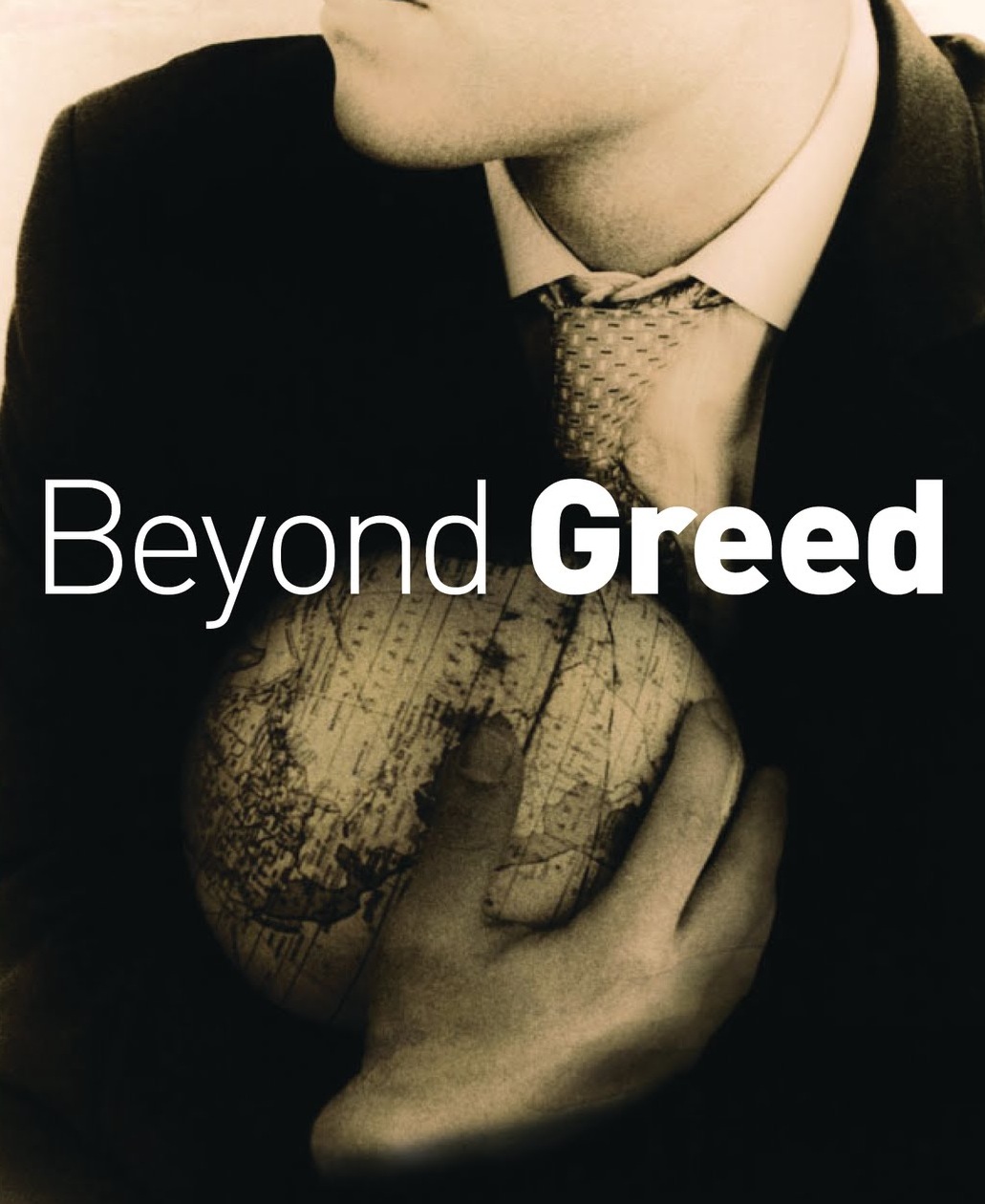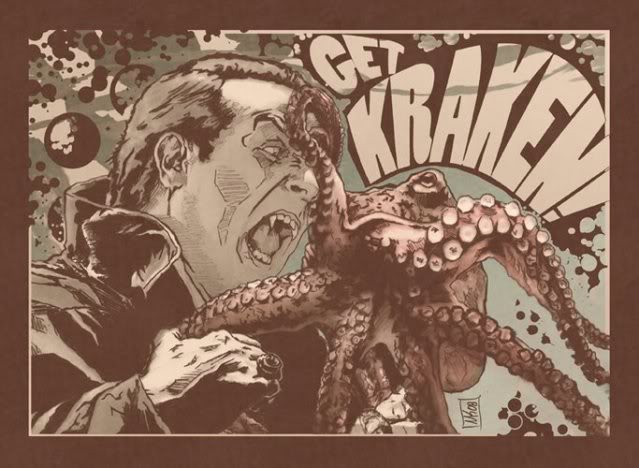
REUTERS: Senate Republicans blocked debate over new financial rules on the eve of a congressional hearing involving Goldman Sachs Group Inc., a move that may open the party to attacks that it’s soft on Wall Street. Democrats failed on a 57-41 vote yesterday, with 60 votes needed, to overcome unanimous Republican opposition and begin consideration of the bill calling for the biggest restructuring of financial market oversight since the 1930s. The defeat comes as Lloyd Blankfein, Goldman Sachs’s chairman and chief executive officer, is scheduled to testify today before a Senate panel investigating Wall Street’s role in the financial crisis. The Securities and Exchange Commission on April 16 sued Goldman Sachs, alleging the bank defrauded investors. Goldman Sachs denies wrongdoing. MORE
 WASHINGTON POST: Commercial banks and high-flying investment firms have shifted their political contributions toward Republicans in recent months amid harsh rhetoric from Democrats about fat bank profits, generous bonuses and stingy lending policies on Wall Street. The wealthy securities and investment industry, for example, went from giving 2 to 1 to Democrats at the start of 2009 to providing almost half of its donations to Republicans by the end of the year, according to new data compiled for The Washington Post by the Center for Responsive Politics. Commercial banks and their employees also returned to their traditional tilt in favor of the GOP after a brief dalliance with Democrats, giving nearly twice as much to Republicans during the last three months of 2009, the data show. At the same time, total political donations by the major banks and investment houses alike dropped in the waning months of that year. MORE
WASHINGTON POST: Commercial banks and high-flying investment firms have shifted their political contributions toward Republicans in recent months amid harsh rhetoric from Democrats about fat bank profits, generous bonuses and stingy lending policies on Wall Street. The wealthy securities and investment industry, for example, went from giving 2 to 1 to Democrats at the start of 2009 to providing almost half of its donations to Republicans by the end of the year, according to new data compiled for The Washington Post by the Center for Responsive Politics. Commercial banks and their employees also returned to their traditional tilt in favor of the GOP after a brief dalliance with Democrats, giving nearly twice as much to Republicans during the last three months of 2009, the data show. At the same time, total political donations by the major banks and investment houses alike dropped in the waning months of that year. MORE
 WALL STREET WATCH: The financial sector invested more than $5 billion in political influence purchasing in Washington over the past decade, with as many as 3,000 lobbyists winning deregulation and other policy decisions that led directly to the current financial collapse, according to a 231-page report issued today by Essential Information and the Consumer Education Foundation. The report, “Sold Out: How Wall Street and Washington Betrayed America,” shows that, from 1998-2008, Wall Street investment firms, commercial banks, hedge funds, real estate companies and insurance conglomerates made $1.725 billion in political contributions and spent another $3.4 billion on lobbyists, a financial juggernaut aimed at undercutting federal regulation. Nearly 3,000 officially registered federal lobbyists worked for the industry in 2007 alone. The report documents a dozen distinct deregulatory moves that, together, led to the financial meltdown. These include prohibitions on regulating financial derivatives; the repeal of regulatory barriers between commercial banks and investment banks; a voluntary regulation scheme for big investment banks; and federal refusal to act to stop predatory subprime lending. Financial deregulation led directly to the current economic meltdown. For the last three decades, government regulators, Congress and the executive branch, on a bipartisan basis, steadily eroded the regulatory system that restrained the financial sector from acting on its own worst tendencies. “Sold Out” details a dozen key steps to financial meltdown, revealing how industry pressure led to these deregulatory moves and their consequences. MORE
WALL STREET WATCH: The financial sector invested more than $5 billion in political influence purchasing in Washington over the past decade, with as many as 3,000 lobbyists winning deregulation and other policy decisions that led directly to the current financial collapse, according to a 231-page report issued today by Essential Information and the Consumer Education Foundation. The report, “Sold Out: How Wall Street and Washington Betrayed America,” shows that, from 1998-2008, Wall Street investment firms, commercial banks, hedge funds, real estate companies and insurance conglomerates made $1.725 billion in political contributions and spent another $3.4 billion on lobbyists, a financial juggernaut aimed at undercutting federal regulation. Nearly 3,000 officially registered federal lobbyists worked for the industry in 2007 alone. The report documents a dozen distinct deregulatory moves that, together, led to the financial meltdown. These include prohibitions on regulating financial derivatives; the repeal of regulatory barriers between commercial banks and investment banks; a voluntary regulation scheme for big investment banks; and federal refusal to act to stop predatory subprime lending. Financial deregulation led directly to the current economic meltdown. For the last three decades, government regulators, Congress and the executive branch, on a bipartisan basis, steadily eroded the regulatory system that restrained the financial sector from acting on its own worst tendencies. “Sold Out” details a dozen key steps to financial meltdown, revealing how industry pressure led to these deregulatory moves and their consequences. MORE
 WALL STREET JOURNAL: Republicans are stepping up their campaign to win donations from Wall Street, trying to capitalize on an increasing sense of regret among executives at big financial institutions for backing Democrats in 2008. In discussions with Wall Street executives, Republicans are striving to make the case that they are banks’ best hope of preventing President Barack Obama and congressional Democrats from cracking down on Wall Street. MORE
WALL STREET JOURNAL: Republicans are stepping up their campaign to win donations from Wall Street, trying to capitalize on an increasing sense of regret among executives at big financial institutions for backing Democrats in 2008. In discussions with Wall Street executives, Republicans are striving to make the case that they are banks’ best hope of preventing President Barack Obama and congressional Democrats from cracking down on Wall Street. MORE
RELATED: Rolling Stone‘s Matt Taibbi famously called Goldman Sachs the “great vampire squid wrapped around the face of humanity, relentlessly jamming its blood funnel into anything that smells like money.” MORE
RELATED: Goldman Sachs Group Inc. Chairman and Chief Executive Lloyd Blankfein will tell lawmakers Tuesday that the firm didn’t consistently short the residential housing market, and didn’t bet against clients. Mr. Blankfein will say the firm lost $1.2 billion stemming from the residential mortgage crisis, according to a copy of testimony released ahead of his appearance before a Senate subcommittee on Tuesday. MORE
 RELATED: It sure sounds like Goldman Sachs bond trader Fabrice Tourre knew exactly what he was doing. In a series of 2007 emails released over the weekend by Goldman Sachs, Tourre, who was charged earlier this month in the SEC’s civil fraud case against Goldman, comes across as a sly dealer of financial products that he seemed to know were ticking time bombs — bragging about selling them to a “widow and orphans” — but also as someone ethically conflicted about doing so. Tourre, along with Goldman Sachs CEO Lloyd Blankfein, Daniel Sparks, a former head of the mortgages department, and a number of other Goldman executives are expected to testify tomorrow before Sen. Carl Levin’s (D-MI) Senate Permanent Subcommittee on Investigations. Blankfein is expected to deny betting against mortgages — although emails released by Levin over the weekend appear to show that the investment bank knowingly made money betting against the mortgage market — and mortgage securities that it was selling to investors. MORE
RELATED: It sure sounds like Goldman Sachs bond trader Fabrice Tourre knew exactly what he was doing. In a series of 2007 emails released over the weekend by Goldman Sachs, Tourre, who was charged earlier this month in the SEC’s civil fraud case against Goldman, comes across as a sly dealer of financial products that he seemed to know were ticking time bombs — bragging about selling them to a “widow and orphans” — but also as someone ethically conflicted about doing so. Tourre, along with Goldman Sachs CEO Lloyd Blankfein, Daniel Sparks, a former head of the mortgages department, and a number of other Goldman executives are expected to testify tomorrow before Sen. Carl Levin’s (D-MI) Senate Permanent Subcommittee on Investigations. Blankfein is expected to deny betting against mortgages — although emails released by Levin over the weekend appear to show that the investment bank knowingly made money betting against the mortgage market — and mortgage securities that it was selling to investors. MORE

